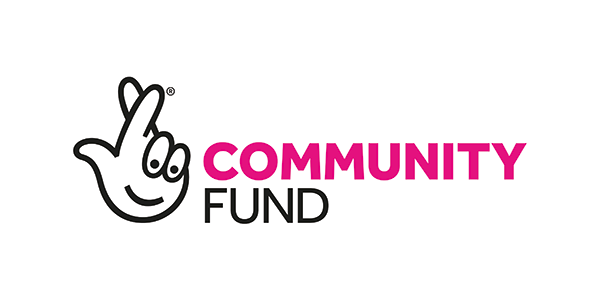No, not everyone is on the autistic spectrum. Autism is a neurodevelopmental condition with specific traits that affect communication, sensory processing, and social interactions. While some traits of autism—like liking routines or struggling with social cues—can be present in many people, having a few traits doesn’t mean someone is autistic. Autism is about how these traits come together in a way that significantly impacts a person’s daily life.
It’s a common misunderstanding, but it’s important to clarify that autism isn’t just a personality type or a set of quirks—it’s a different way of experiencing and processing the world.
Perhaps think of it like a Mac and a PC. Both are computers, but they run on different operating systems. A neurotypical brain is like a PC—designed for broad compatibility with most of the world’s systems. A neurodivergent brain, like an autistic one, is more like a Mac — it processes things differently, has strengths in certain areas, and sometimes struggles with systems designed for PCs. Neither is ‘better’ or ‘worse’—they just function differently and have their own unique ways of processing information and interacting with the world.





